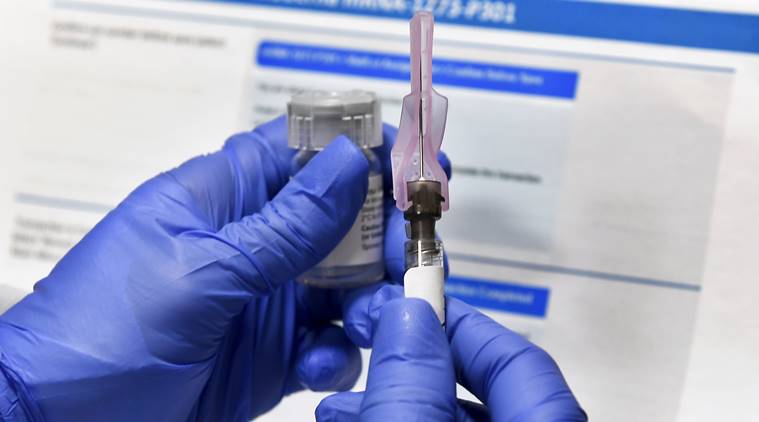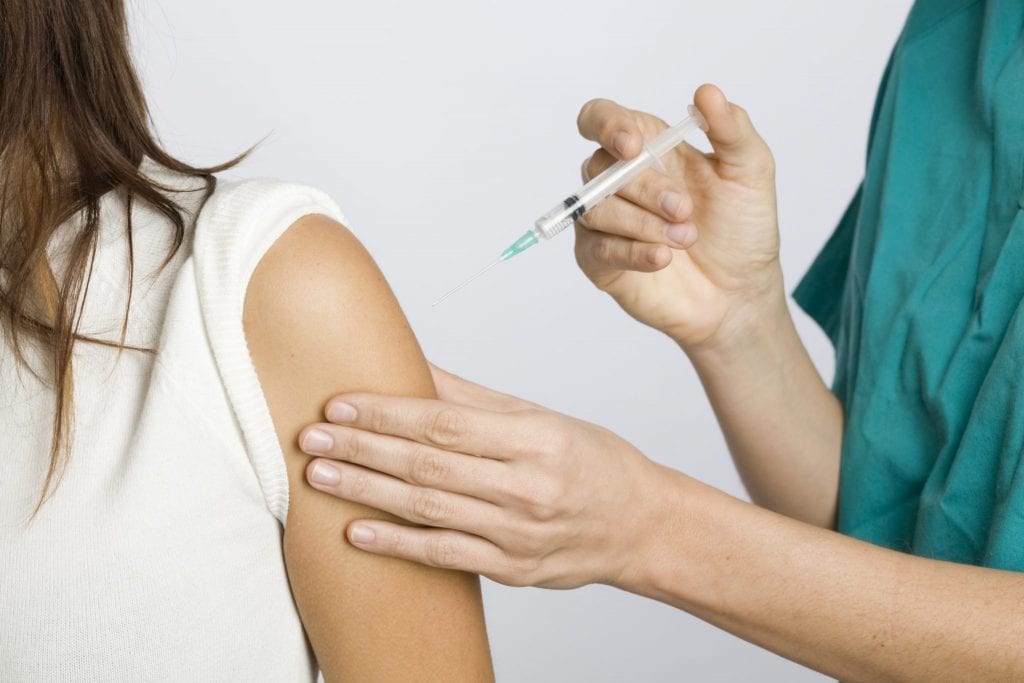


Wash your hands with soap and water, or use an alcohol-based hand sanitizer.The companies marketing these vaccines can submit an application to change their current marketing authorisation to include an adapted version. Avoid coughing or sneezing directly on others. The table below lists the COVID-19 vaccines that were originally authorised and that can still be used in the EU. Cough into a handkerchief or into your elbow. Travellers who are fully vaccinated with one or more vaccines approved by the European Medicines Agency (EMA) or equivalents of these vaccines used in non-EU.

This is due to the current status of the pandemic, the protection built up by now (from vaccinations, previous SARS-CoV-2 infection (s), or a combination of both), and the Omicron variant currently circulating in the. Several European countries (such as San Marino) and EU Member States (such as Hungary) are, however, administering this vaccine. There will not be a new round of repeat vaccinations against COVID-19 in spring 2023. If you take a test that shows you are infected with COVID-19, the same advice about staying at home if you feel sick applies. The Sputnik V vaccine has not yet been approved by the European Medicines Agency (EMA). According to a report by CodeBlue, the approval for Covid-19 vaccines does not cover the AstraZeneca vaccine made by South Korea’s SK Bioscience or Thailand’s Siam Bioscience.These vaccines are currently only authorised as boosters. If you are in a risk group you should take a test. EMA’s Emergency Task Force (ETF) considers that adapted mRNA bivalent vaccines targeting the original strain and Omicron BA.4-5 subvariants of SARS-CoV-2 may be used for primary (initial) vaccination. You do not need to test for COVID-19 even if you are experiencing symptoms.You should stay home if you feel ill and experience respiratory symptoms. If you have residual symptoms such as runny nose, snot, hoarseness and some coughing, you can go about life as normal.


 0 kommentar(er)
0 kommentar(er)
